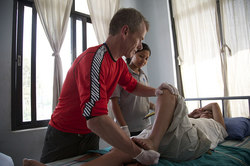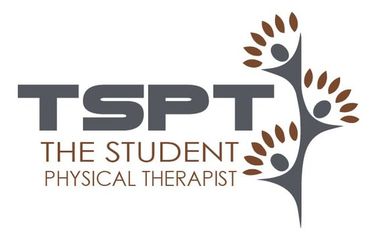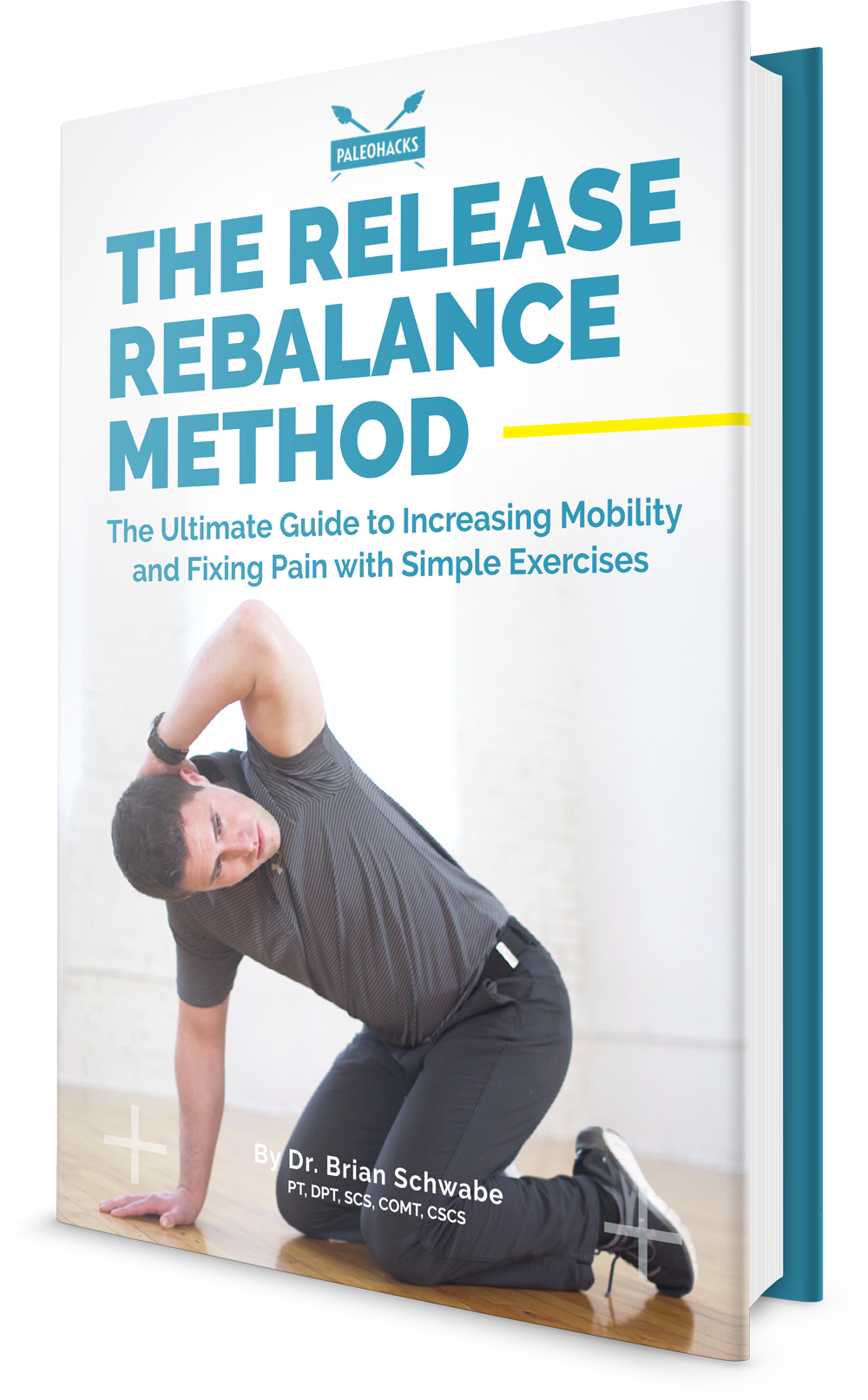- Home
- About Us
- TSPT Academy
- Online Courses
-
Resources
- Newsletter
- Business Minded Sports Physio Podcast
- Day in the Life of a Sports PT
- Residency Corner
-
Special Tests
>
-
Cervical Spine
>
- Alar Ligament Test
- Bakody's Sign
- Cervical Distraction Test
- Cervical Rotation Lateral Flexion Test
- Craniocervical Flexion Test (CCFT)
- Deep Neck Flexor Endurance Test
- Posterior-Anterior Segmental Mobility
- Segmental Mobility
- Sharp-Purser Test
- Spurling's Maneuver
- Transverse Ligament Test
- ULNT - Median
- ULNT - Radial
- ULNT - Ulnar
- Vertebral Artery Test
- Thoracic Spine >
-
Lumbar Spine/Sacroiliac Joint
>
- Active Sit-Up Test
- Alternate Gillet Test
- Crossed Straight Leg Raise Test
- Extensor Endurance Test
- FABER Test
- Fortin's Sign
- Gaenslen Test
- Gillet Test
- Gower's Sign
- Lumbar Quadrant Test
- POSH Test
- Posteroanterior Mobility
- Prone Knee Bend Test
- Prone Instability Test
- Resisted Abduction Test
- Sacral Clearing Test
- Seated Forward Flexion Test
- SIJ Compression/Distraction Test
- Slump Test
- Sphinx Test
- Spine Rotators & Multifidus Test
- Squish Test
- Standing Forward Flexion Test
- Straight Leg Raise Test
- Supine to Long Sit Test
-
Shoulder
>
- Active Compression Test
- Anterior Apprehension
- Biceps Load Test II
- Drop Arm Sign
- External Rotation Lag Sign
- Hawkins-Kennedy Impingement Sign
- Horizontal Adduction Test
- Internal Rotation Lag Sign
- Jobe Test
- Ludington's Test
- Neer Test
- Painful Arc Sign
- Pronated Load Test
- Resisted Supination External Rotation Test
- Speed's Test
- Posterior Apprehension
- Sulcus Sign
- Thoracic Outlet Tests >
- Yergason's Test
- Elbow >
- Wrist/Hand >
- Hip >
- Knee >
- Foot/Ankle >
-
Cervical Spine
>
- I want Financial Freedom
- I want Professional Growth
- I want Clinical Mastery
|
Why do so few students know the difference between residencies and fellowships? To broaden the question, why do so few students know what educational opportunities are available to them following graduation? Chris, Brian, and I often get asked "what is the difference between a residency and a fellowship program?" I am going to answer this question from an orthopedic perspective so please feel free to add your own perspective if you come from a different background. When talking with students about residency and fellowship programs, I often relate the question to the medical school model. Generally, medical students enter a residency program following medical school. A residency is a post-professional planned learned experience in a specific field of interest. For example, students interested in Orthopedics pursue Orthopedic surgery residencies. Following a medical residency, doctors have the opportunity to pursue a fellowship program. Using the example above, an Orthopedic Surgeon may choose to enter a hand surgery fellowship. Each step of learning further specializes the candidate. The process is similar for physical therapists. Following graduation, physical therapists have the opportunity to enroll in residencies. These programs are generally one year long and prepare students for their specialty certification. For example, Chris and I completed an Orthopedic Residency and were able to sit for our Orthopedic Clinical Specialty (OCS). Brian completed a Sports Residency and sat for his Sports Clinical Specialty (SCS). Other residency programs exist for the many other specialties of physical therapy- geriatrics, pediatrics, cardiopulmonary to name a few. The residency teaches you to be a clinical expert. Following residency, I chose to enter a fellowship in manual therapy. To enter a fellowship program, one must either complete a residency program, be a clinical specialist, or complete a year of pre-fellowship coursework. Pre-fellowship coursework can be obtained in several ways. (For example, Chris and I recently paired with OPTIM to start a COMT program. Our COMT program gives candidates the opportunity to pursue a manual therapy fellowship if they choose.) Fellowship training is not appropriate for new physical therapy graduates so the pre-fellowship year is a method of preparing students for fellowship training. It is the most advanced clinical certification a physical therapist can receive. I hope this helps differentiate physical therapy residencies vs. fellowships. Let me know if you have further questions! Jim Want more specific information on orthopedic topics? Check out our Insider Access Page. 
4 Comments
Brian Hu
5/23/2015 02:49:31 am
Thought I would share an article from JOSPT regarding the differences in outcomes for residency and fellowship trained Physical Therapists. Better outcomes for the fellowship trained, not as much for the residency trained.
Reply
5/24/2015 07:21:58 am
I'm not sure why people would be expecting outcomes to change much after a residency. Residency should be looked at as a preparation phase - the building of knowledge and the focusing of effort in a narrower field. These are clinicians who are usually very inexperienced; were molding them, not finishing them. That's where the finishing happens. The results of this study are not at all surprising and should not cause us to move away from the residency.
Reply
LD
5/25/2015 01:02:59 pm
Good summary. I would just like to add one point on contention. "Fellowship training is not appropriate for new physical therapy graduates." I have spoken to a few fellowship directors and they each have told me that this is a myth that they would like to dispel. If there is a motivated and qualified new grad, then they would be willing to accept them into their fellowship program. All that being said, a residency and advance certification/specialty will aid in qualifying you, but they are not a necessity/requirement for all fellowship programs. All that being said, I like to look at a fellowship similar to picking a place to complete a PhD, you need to find an environment that is conducive to your learning and you share some connection with your mentors/instructors.
Reply
Jim
5/25/2015 09:01:57 pm
Thanks for the comments. I have seen that study, but have not read it yet. I agree that residency training should be looked at as a preparation year, but I sure hope my outcomes improved throughout the course of a the year. I felt much more confident and effective after my residency training. I definitely agree that the residency is a year of learning and building. It is what the resident chooses to do after that year of experience that truly determines long term outcomes.
Reply
Leave a Reply. |
Dr. Brian Schwabe's NEW Book in partner with PaleoHacks!
Learn residency-level content on our
Insider Access pages We value quality PT education & CEU's. Click the MedBridge logo below for TSPT savings!Archives
July 2019
Categories
All
|






 RSS Feed
RSS Feed